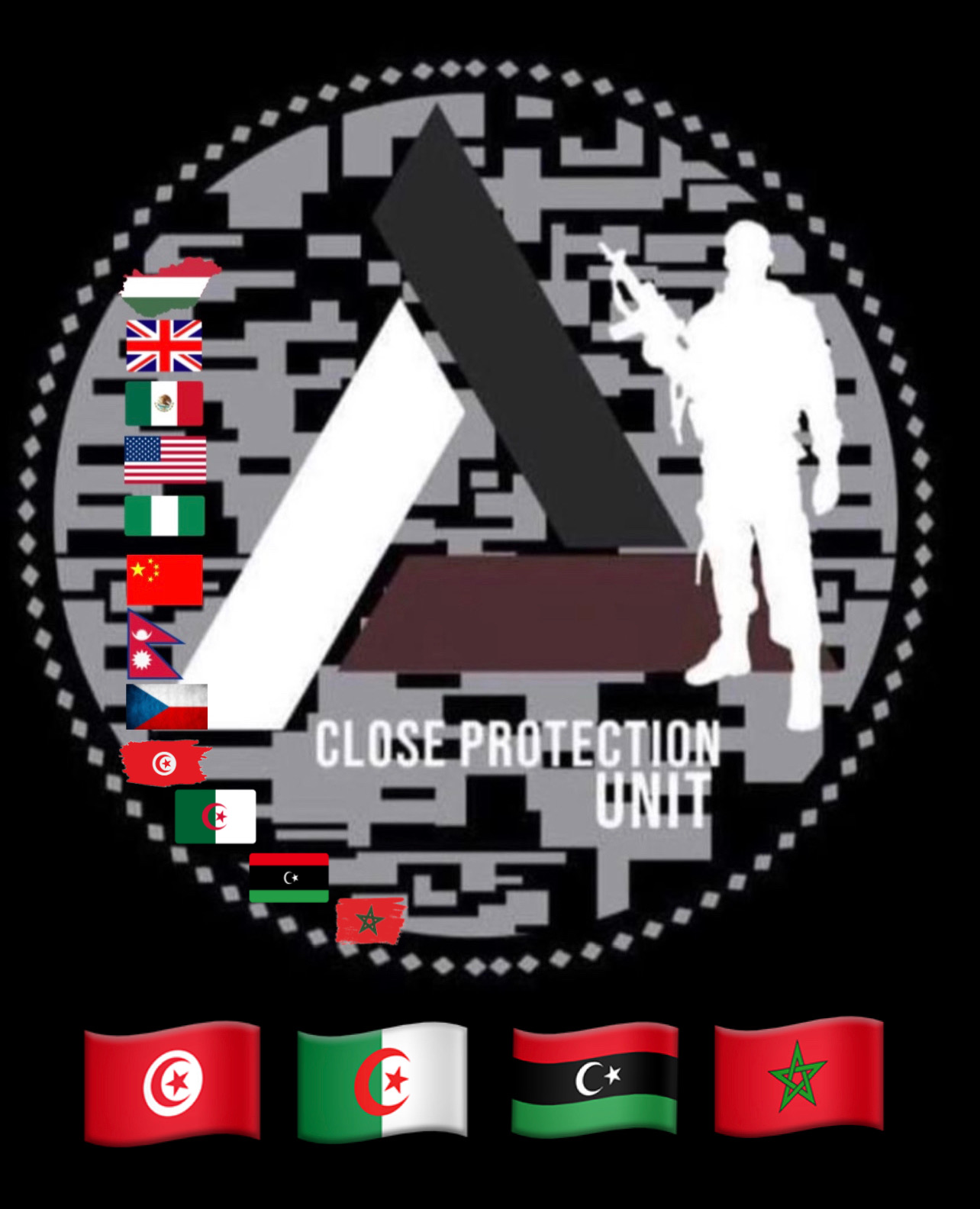Close Protection Unit
North African Section
The Close Protection Unit (CPU) conducts thorough threat assessments to identify potential security threats and develop strategies to mitigate them. Here is a general overview of how the CPU conducts threat assessments:
1. Gather information: The CPU gathers information about the client, including their profile, itinerary, and activities. The company also collects information about the security environment in which the client will be operating, such as the political situation, security risks, and other factors that may pose a threat.
2. Analyze the information: The CPU analyzes the information gathered to identify potential security threats. This involves assessing the likelihood and impact of each threat, as well as the vulnerabilities of the client.
3. Develop a threat matrix: Based on the analysis, the CPU develops a threat matrix that outlines the most significant security threats and their likelihood and impact. The threat matrix is used to guide the development of security strategies and measures.
4. Develop a security plan: The CPU develops a security plan that includes strategies and measures to mitigate the identified security threats. This may include close protection services, secure transportation, access control measures, surveillance and monitoring, and emergency response plans.
5. Implement the security plan: The CPU implements the security plan, working closely with the client to ensure that the security measures are effective and meet their needs. The company also conducts ongoing assessments to adjust the security plan as needed.
Area with a lot of conflicts
1. Protests in Tunisia: In January 2011, protests erupted in Tunisia following the self-immolation of a street vendor. The protests quickly spread throughout the country, leading to the overthrow of the government. During this period of civil unrest, the CPU provided close protection services to its clients in Tunisia. The company worked closely with local authorities to monitor the situation and ensure the safety of its clients. The CPU provided secure transportation and safe havens for its clients during this period.
2. Riots in Algeria: In February 2019, riots broke out in Algeria following the announcement that President Abdelaziz Bouteflika would seek a fifth term in office. The CPU provided close protection services to its clients during this period of civil unrest. The company worked closely with local authorities to monitor the situation and ensure the safety of its clients. The CPU provided secure transportation and safe havens for its clients during this period.
3. Protests in Libya: In August 2020, protests broke out in Libya following the announcement of a ceasefire agreement between the Government of National Accord (GNA) and the Libyan National Army (LNA). The CPU provided close protection services to its clients during this period of civil unrest. The company worked closely with local authorities to monitor the situation and ensure the safety of its clients. The CPU provided secure transportation and safe havens for its clients during this period.
Overall, the CPU conducts threat assessments using a systematic and thorough approach to identify potential security threats and develop customized security solutions to mitigate them. The company’s expertise in security and its ability to provide customized security solutions make it a reliable and effective choice for clients seeking close protection services.
Mr Mohammed Naffati
CPU North Africa Representative and Instructor
Gallery



